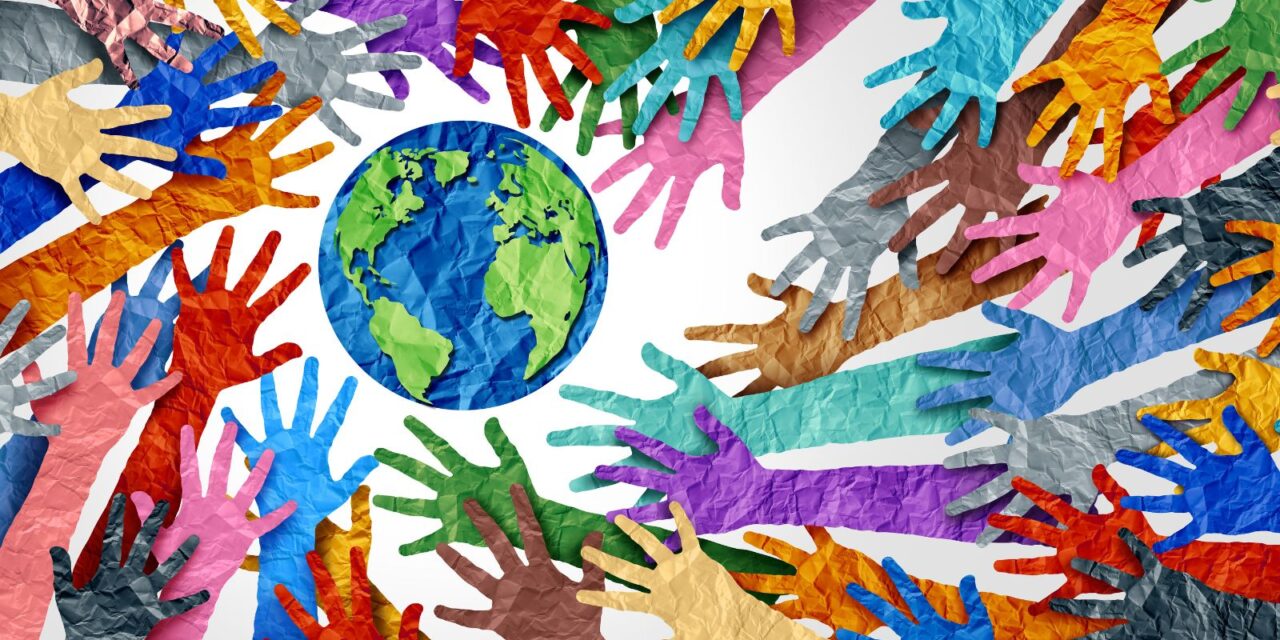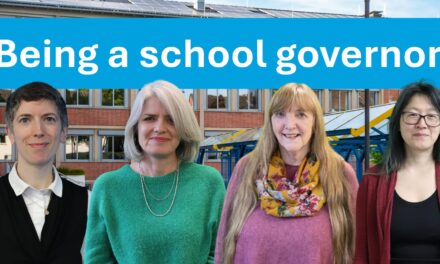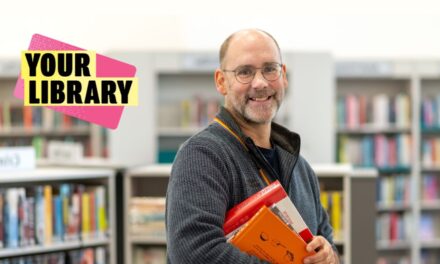Have you heard of the word Ally and you’re wondering what it means?
Here at Your East Sussex, we’ve created this article to help you understand what an Ally is, the benefits of being an active one, and how you can support those in marginalised communities.
Examples of marginalized communities can include:
- People from some ethnic groups
- LGBTQIA+ people
- Low-income individuals
- Disabled people
People in marginalized communities can experience discrimination and/or extra barriers when trying to access services or in education and employment.
What is an Ally
The Cambridge Dictionary defines an Ally as: ‘someone who helps and supports other people who are part of a group that is treated badly or unfairly, although they are not themselves a member of this group’.
An Ally is someone who believes in the equality and fair treatment of all. You might read that and think ‘Ooo, that’s me’, and that’s great! But, while it’s fab to be a supporter, allyship is an active role: it involves taking steps to create real change – in yourself and in the world.
Why it is important to be an Ally
Those in marginalized communities can face a variety of challenges, from legal, or workplace discrimination to physical violence and abuse.
This is why it is so important to be an Ally. As an ally, you can step in to support people – where it’s safe to do so – when others are being harassed, abused or threatened for who they are.
How you can be an Ally in your everyday life
-
‘Being open to learn, listen and educate yourself’
Never underestimate the power of truly listening to others, which can develop your understanding. Listen to friends, families, and their stories, if you have questions ask them or do your own research. You can look up and learn the correct terminology, the internet is a great resource!
-
‘Check your privilege’
Most of us have some type of privilege, which can be our class, education, being cisgender etc. Having privilege doesn’t mean that your life is easy or that you haven’t experienced difficulties. It means that there are certain things you don’t experience or worry about (like not having to worry where the nearest dropped kerb is for your wheelchair or whether you’ll be followed around a shop because of your skin colour. Understanding, and using your privilege for good can help marginalised or oppressed groups.
-
‘Don’t assume’
If someone is talking about their partner, don’t assume that they are straight. This applies to pronouns too. A person could present as female but use they/them pronouns for example. Always ask if you’re unsure so you’re using the correct pronouns.
-
‘Think of ‘ally’ as an action rather than a label’
It’s great to be an ally, but it’s even greater to be an active ally. Discrimination is harmful, if you see or hear abuse, call it out. Collective action creates change along with consistent support to set an example for others.
-
‘Confront your own prejudices and unconscious bias’
A good ally is open to the idea of being wrong sometimes and willing to develop their learning and understanding. You might unconsciously assume someone’s partner is a particular gender just because of how they present, make assumptions about someone from their name, or expect someone to be good at their job because of their age, sex or ethnicity. Actively challenge any biases, stereotypes, and assumptions you make.
-
‘Know that language matters’
If you’re ever unsure of something, just ask. Likewise, when talking with other people get into the habit of using gender-neutral terms like partner instead of boyfriend, girlfriend etc.
-
‘Know that you will mess up sometimes – breathe, apologise, and ask for guidance’
Making mistakes is okay! All you do is recognise the error, correct yourself, and move on. You can always say to the person you’re talking with that you’re trying to be a better ally, and learn the correct terminology. Your honesty and effort will be appreciated!
We hope you have found this article useful. Let us know what ways you’re being an active Ally.




